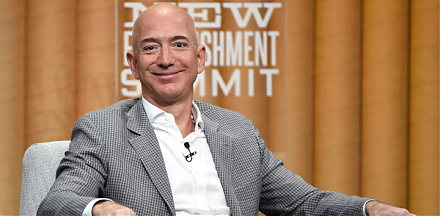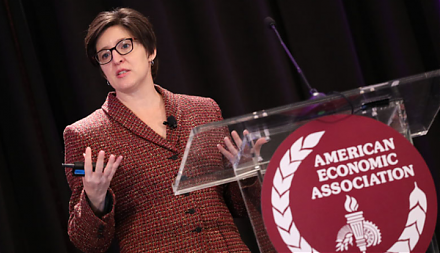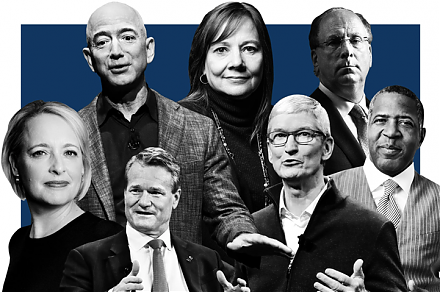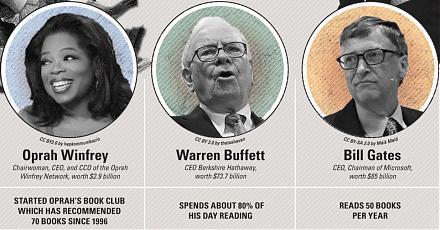

Home > Library > The happy story of small business finance
Author Andy Yeh Alpha
This research article empirically tests the financial contentment hypothesis for small business owners in both America and Britain.
Description:
We empirically examine the American and British survey datasets for about 16,000 privately held small businesses. The financial behavior of private firms demonstrates substantial financial contentment. We find fewer than 10% of the British firms seek rapid firm expansion while only 1.32% of American private firms view a lack of capital other than working capital as a major financial problem. Financial performance indicators such as sales growth, return-on-assets, and net profit margin are insignificant determinants of small business finance. This evidence contradicts the conventional financial lifecycle paradigm of Berger and Udell (1995, 1998, 2002). Younger and less educated private-firm owners more actively use external finance even though more education reduces the fear of bank loan denial, whereas, older and wiser small business owners with better education are less likely to tap into external finance.
Our financial contentment hypothesis for privately held firms also extends to small businesses that seek rapid firm expansion. These high-growth firms participate more in the bank loan markets than low-growth firms. In stark contrast to the financing-gap hypothesis of Berger and Udell (1995, 1997, 2002), our financial contentment hypothesis observes the importance of both social networks and connections for small business finance and in turn confirms the empirical nexus between private owner involvement and sustainable growth. In this light, small private firms serve as a robust investment vehicle for long-term sustainable development.
Overall, our empirical evidence sheds skeptical light on the theoretical plausibility of the agency lifecycle prediction that the vast majority of private firms suffer from severe financial constraints or financing gaps (Jensen and Meckling, 1976; Jensen, 1986; Stulz, 1990; Lang, Stulz, and Walking, 1991; Berger and Udell, 1995, 1998, 2002; Ang, Cole, and Lin, 2000; Bitler, Moskowitz, and Vissing-Jorgensen, 2005). The preponderance of our empirical results proposes a case for an alternative theory of corporate finance for privately held firms that differ from publicly traded corporations in many fundamental ways. This proposal calls for a paradigm shift in rethinking about the conventional wisdom that private firms cannot grow as fast as their public counterparts due to a lack of reasonable access to external capital.
2019-07-19 18:40:00 Friday ET

We can decipher valuable lessons from the annual letters to shareholders written by Amazon CEO Jeff Bezos. Amazon is highly customer-centric because the wor
2019-03-19 12:35:00 Tuesday ET

U.S. tech titans increasingly hire PhD economists to help solve business problems. These key tech titans include Facebook, Amazon, Microsoft, Google, Apple,
2020-05-05 09:31:00 Tuesday ET

Our fintech finbuzz analytic report shines fresh light on the fundamental prospects of U.S. tech titans Facebook, Apple, Microsoft, Google, and Amazon (F.A.
2017-06-15 07:32:00 Thursday ET

President Donald Trump has discussed with the CEOs of large multinational corporations such as Apple, Microsoft, Google, and Amazon. This discussion include
2026-07-01 11:29:00 Wednesday ET

In recent years, higher American economic growth has been impressive both by historical standards and in comparison to the rest of the world. American excep
2023-02-03 08:27:00 Friday ET

Our proprietary alpha investment model outperforms most stock market indices from 2017 to 2023. Our proprietary alpha investment model outperforms the ma